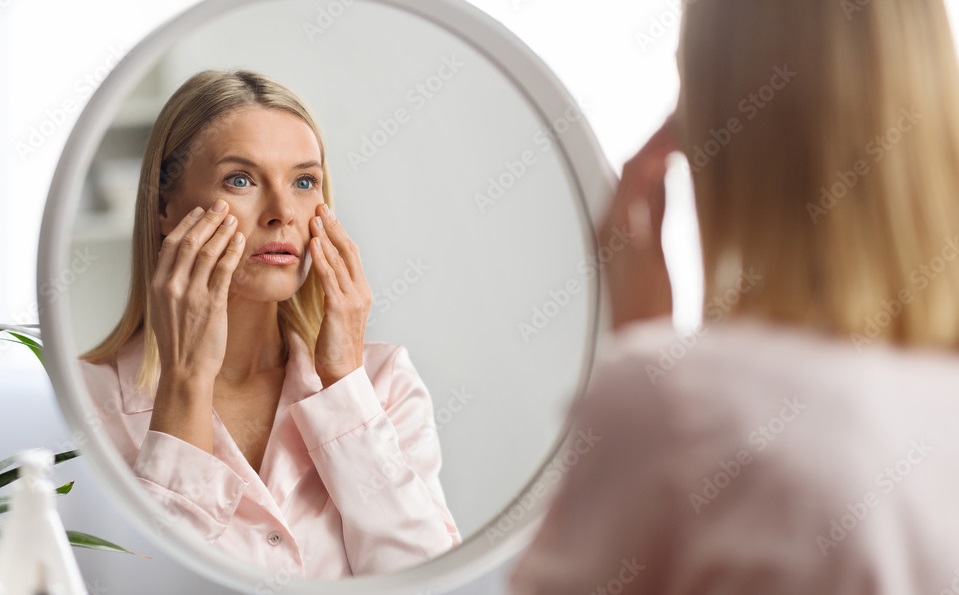We all know the drill: drink more water. It’s the most straightforward health tip, but sometimes it’s the hardest to stick to. Busy days, distractions, or just forgetting to hydrate can leave us sipping on far less water than we need. So, what’s really going on in our bodies when we don’t drink enough?
The Early Signs: Subtle but Significant
When you start to drink less water, your body sends out gentle warnings. You might feel a bit tired, have a slight headache, or notice that your mouth feels dry. These are your body’s early SOS signals. Your brain and other organs depend on water to function optimally, and even slight dehydration can make them work harder than they should.
Skin and Hair: The Visible Impact
Let’s talk about skin and hair. If you’re not drinking enough water, your skin might start to look dull and dry. That healthy glow you love? It can fade. Your skin might lose some of its elasticity, and you might even see those fine lines become a bit more noticeable. And your hair? It can lose its shine and feel more brittle. Water keeps your skin and hair hydrated and happy, so when you skimp on it, they show it.
Energy Levels: Feeling Sluggish
Ever find yourself dragging through the day? Dehydration could be why. Water helps convert the food you eat into energy. Without enough of it, you might feel more tired and less motivated. It’s like running on empty; your body just can’t keep up with the demands you’re putting on it.
Digestion: Trouble Downstairs
Your digestive system relies heavily on water to function smoothly. When you’re dehydrated, things can get a bit backed up. You might experience constipation, bloating, or general discomfort. Staying hydrated helps keep everything moving along as it should.
Kidneys: The Overworked Heroes
Your kidneys are like the unsung heroes of your body, filtering out waste and keeping fluids balanced. When you’re not drinking enough water, they have to work overtime. Over time, this extra strain can lead to issues like kidney stones. If you’ve noticed your urine is darker, that’s a sign your body is holding on to water and your kidneys are working hard.
Heart and Circulation: Extra Stress
Dehydration thickens your blood, making it harder for your heart to pump it around. This can lead to a higher heart rate and blood pressure. Think of it like your heart running a marathon—it’s working harder than it needs to. Long-term, this extra work can contribute to cardiovascular problems.
Mood and Mental Clarity: Feeling Off
Did you know your mood can be affected by how much water you drink? Dehydration can lead to feelings of irritability and anxiety. Your brain needs water to function well, so even mild dehydration can make you feel off-kilter and less focused.
Immune System: Lowered Defenses
Your immune system relies on water to help flush out toxins and keep you healthy. When you’re not hydrated, your body’s ability to fight off infections can weaken. Keeping hydrated helps your immune system stay strong, so you’re less likely to catch whatever’s going around.
Weight and Appetite: Mixed Signals
Sometimes, when you think you’re hungry, your body might just be asking for water. Dehydration can confuse your brain, making you feel hungry when you’re actually thirsty. This can lead to overeating and, over time, weight gain. Drinking enough water helps keep your appetite in check.
Long-Term Consequences: Chronic Dehydration
Chronic dehydration isn’t just a temporary inconvenience—it can lead to more serious health issues over time. From kidney problems to joint pain and even cognitive decline, the long-term effects of not drinking enough water can be significant.
Conclusion:
Your body is pretty amazing at sending signals when something’s not quite right. If you’re feeling off, it might be a sign you need to drink more water. Keeping a water bottle handy, setting reminders, or just making a habit of sipping throughout the day can make a huge difference. Hydration is one of the simplest ways to keep your body running smoothly and feeling great. So, the next time you’re thirsty, remember: your body is asking for a bit of care.
Also Read:
